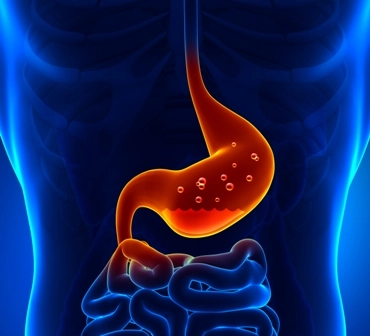Can You Code These 3 Rare GI Conditions?

You may have to skip around the ICD-10 manual to code them all. Gastroenterology coders are often very well-versed in finding the most accurate diagnosis codes for conditions like GERD and colonoscopy screenings, but when it comes to rarer conditions, you may be stumped. Read on for advice about which diagnosis codes to report for these three conditions, which aren't seen as frequently as more common diseases, but must be coded just as accurately. 1. Flip to K22 for Achalasia Achalasia occurs when the muscle fibers in the lower sphincter of the esophagus are unable to relax with swallows, associated with progressive weakness in the propulsive activity of the esophagus, says Glenn Littenberg MD, a gastroenterologist in Pasadena, Calif. Patients with this condition often present with symptoms such as difficulty swallowing, chest discomfort and/ or regurgitation, and it's up to the gastroenterologist to pinpoint the exact cause. Until a definitive achalasia diagnosis is made, you'll code the symptoms, which could include the following, among others. If, however, the gastroenterologist definitively diagnoses the patient with achalasia, you'll instead bill the claim using K22.0 (Achalasia of cardia), which is the sole diagnosis code in ICD-10 that describes the condition. 2. Hirschsprung's Disease Falls Under 'Q' Section Gastroenterologists are occasionally called to diagnose and evaluate Hirschsprung's disease in small children, a condition in which the patient is born without certain nerves in his intestine, which can cause digestive disorders and stunted growth. If the gastroenterologist is involved before the Hirschsprung's disease diagnosis is made, you'll code the symptoms he treats, which can include regurgitation in infants (P92.1), constipation (K59.09), diarrhea (R19.7), stunted growth (R62.50), colic (R10.83), abdominal pain (R10.9) or intestinal obstruction of the newborn (P76.9). Once the patient is formally diagnosed with Hirschsprung's disease, you'll report Q43.1 (Hirschsprung's disease), which is located in chapter 17 of ICD-10, the "Congenital malformations, deformations, and chromosomal abnormalities." 3. Turn to ICD-10's 'G' Series When Treating Cyclical Vomiting Syndrome Patients with cyclical vomiting syndrome typically experience unexpected episodes of vomiting that are not prompted by any virus or other cause. These cyclesoften begin in childhood but can strike patients of any age. When patients present with this condition, their main complaint is almost always vomiting (R11.10), which is what you'll report until the GI physician definitively diagnoses the patient with the syndrome. Once it's clear that the patient suffers from cyclical vomiting syndrome, you'll report G43.A0 (Cyclical vomiting, not intractable) or G43.A- (Cyclical vomiting), depending on which code the gastroenterologist believes is most accurate.




